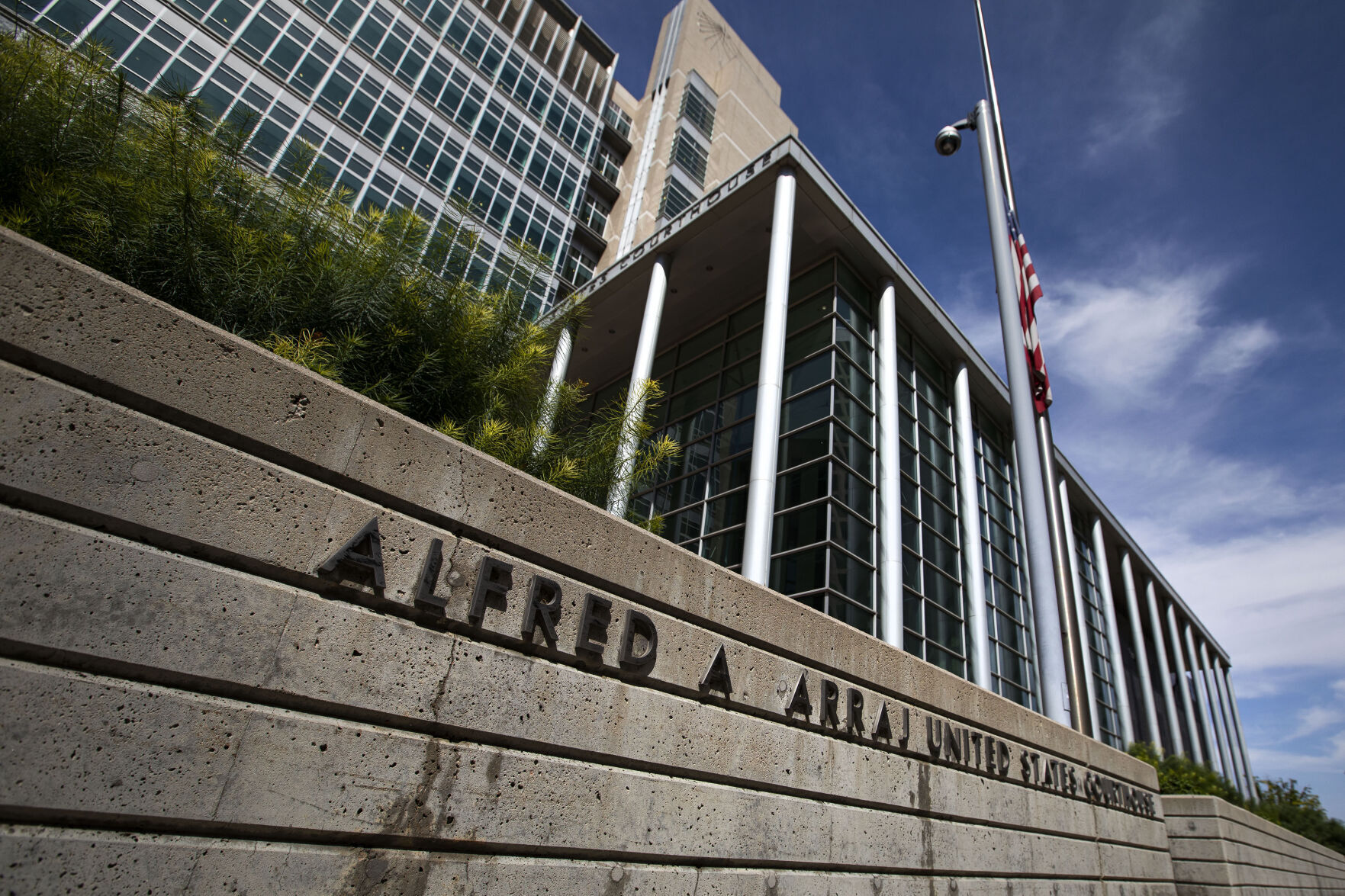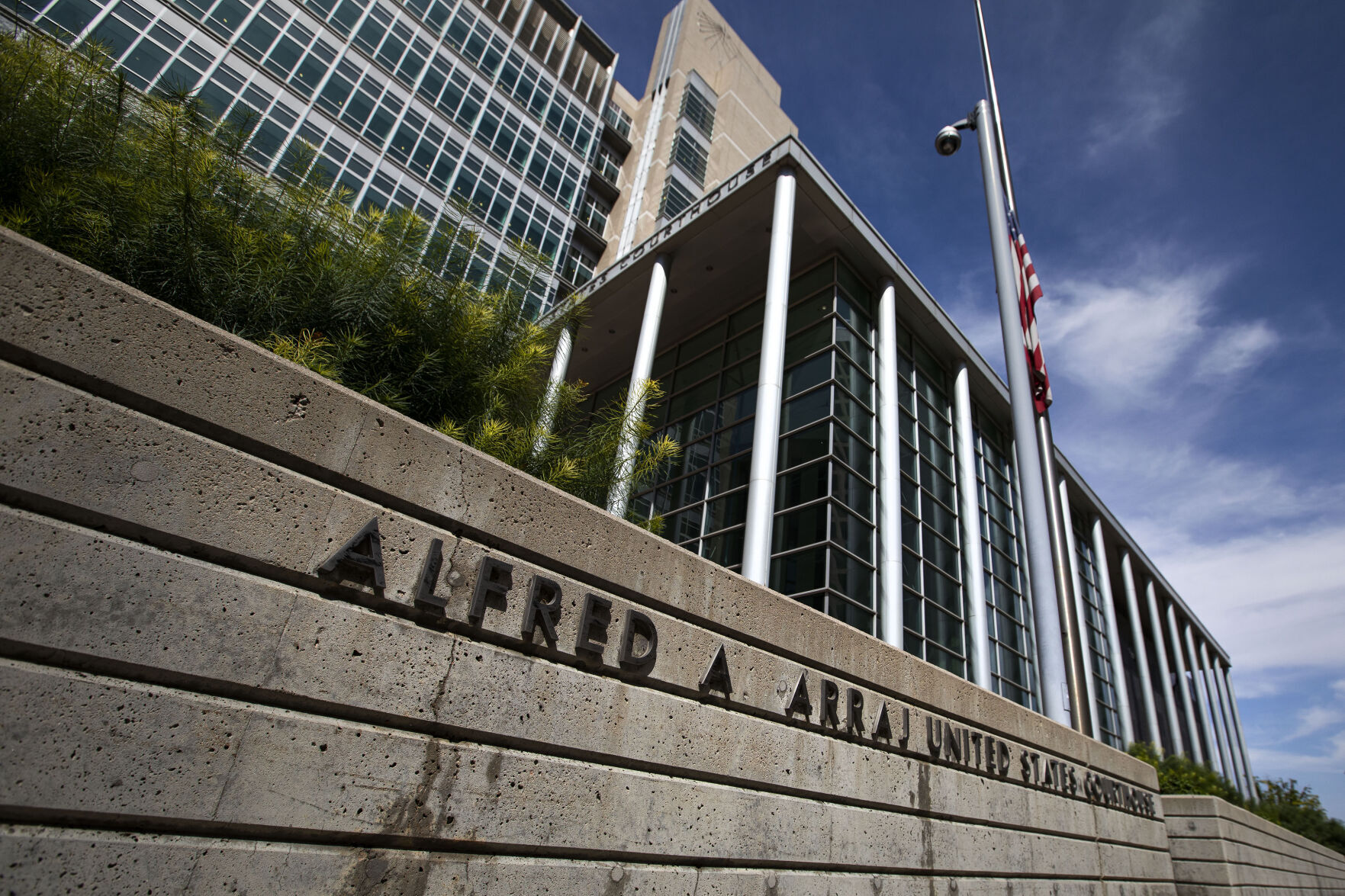Federal judge declines to block new law against ‘abortion reversal’ amid state’s non-enforcement pledge

Relying on the state’s promise not to enforce the law until three regulatory boards have time to examine the treatment, a federal judge declined to block Colorado’s new prohibition against medication “abortion reversal” enacted earlier this month.
U.S. District Court Judge Daniel D. Domenico issued a temporary restraining order just under two weeks ago preventing the government from enforcing Senate Bill 190 against Bella Health and Wellness, a faith-based clinic that prescribes treatment to patients who wish to keep their pregnancies after taking the first drug in a two-step medication abortion process.
On Friday, Domenico indicated he will not issue a longer-term injunction against the law. He also ended the restraining order because Colorado had agreed Bella Health would face no immediate professional consequences from continuing to offer medication abortion reversal.
“It is true that by its terms, SB 23-190 is now the law in Colorado. And it is unusual for the executive branch of government to commit to not enforcing the laws on its books,” Domenico wrote in his order. However, “I find that the harm that may result from the defendants’ failure to keep their promises is too speculative at this time to grant preliminary injunctive relief.”
SB 190 was part of a package of measures Democratic lawmakers passed this year to bolster reproductive rights in Colorado.
The primary challenge to SB 190 took aim at its provision subjecting healthcare providers to professional discipline for prescribing progesterone to reverse or nullify a medication-induced abortion. The American College of Obstetricians and Gynecologists has concluded such treatments are “not based on science and do not meet clinical standards,” but supporters of abortion reversal insist it is safe.
Bella Health alleged SB 190 violates its constitutional right to religious exercise and applied for relief immediately after Gov. Jared Polis signed it into law on April 14. The clinic represented it was assisting at least one patient under the now-disapproved course of treatment.
The Colorado Attorney General’s Office quickly assured Domenico that Bella Health would not be subject to adverse consequences because the government was choosing not to enforce the law immediately based on another requirement of SB 190 – that the state’s medical, nursing and pharmacy boards confer and decide whether abortion reversal treatment is an acceptable practice after all.
Bella Health and its employees “face no prospect of enforcement now,” Senior Assistant Attorney General Michael T. Kotlarczyk told Domenico at a hearing this week. “They may never face a prospect of enforcement depending on the outcome of that rulemaking.”
But Bella Health’s attorneys characterized the state’s position as “strategic.”
“We’re here because the Colorado legislature decided to shoot first and ask questions later,” Mark L. Rienzi of The Becket Fund for Religious Liberty told Domenico. “Your protection right now is worth an awful lot.”
Domenico sided with the government, finding Bella Health was missing a crucial requirement for a preliminary injunction: immediate, irreparable harm.
“The plaintiffs’ desire to have the additional comfort of a court order in addition to the defendants’ assurances is understandable,” he wrote. “But the mere presence of an arguably unconstitutional law on the books is not enough to warrant extraordinary judicial intervention” without some other threatened consequence.
Domenico added that if the state changes its position, Bella Health can seek further relief. He directed the state to keep him informed of any key developments in the rulemaking process as the medical, nursing and pharmacy boards decide whether to subject abortion reversal providers to fines, license suspensions or some other form of professional discipline after all.
SB 190 has two other components: a statement from the legislature that advertising for medication abortion reversal is a deceptive practice, and a prohibition on facilities representing they provide abortion care when, in fact, they do not. Domenico suggested at the hearing that the legislature’s declaration is not enforceable by itself, and the state pointed out Bella Health does not advertise its clinic as an abortion provider.
The case is Bella Health and Wellness et al. v. Weiser et al.













